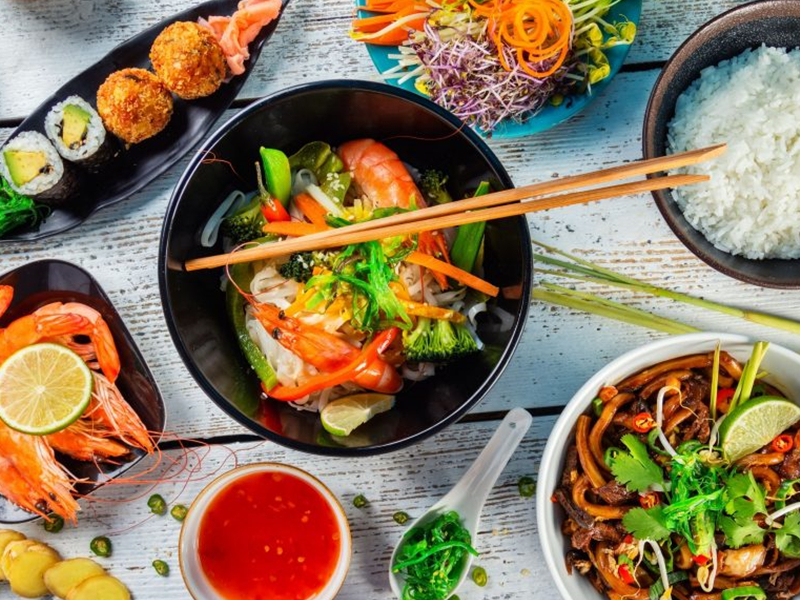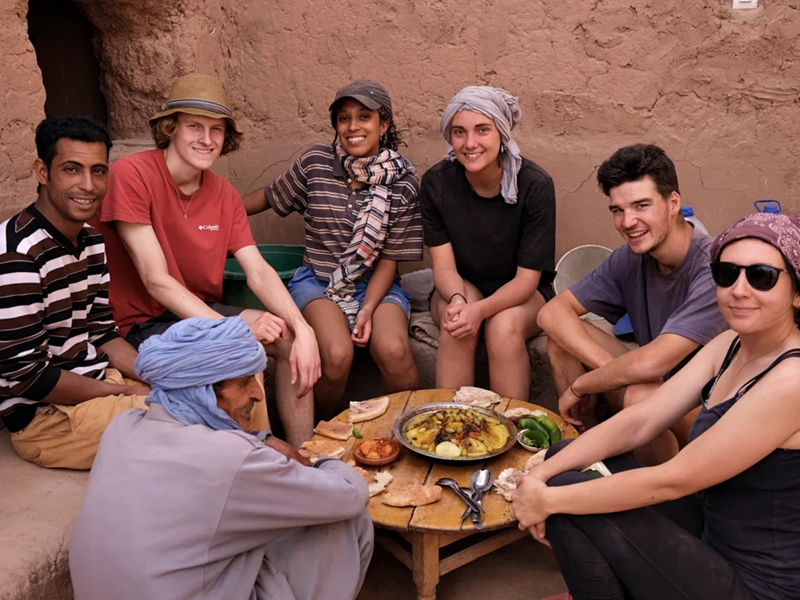
One of the most rewarding aspects of culinary travel is the opportunity to taste authentic local cuisine. Each region has its specialties, shaped by climate, geography, and cultural influences. Engaging with local chefs or home cooks allows travelers to experience dishes that are often not found in mainstream restaurants. This authenticity adds depth to the travel experience, as it connects visitors to the community and its traditions. Participating in cooking classes or food tours can provide hands-on experiences, allowing travelers to learn about ingredients, techniques, and the stories behind beloved recipes.
Moreover, culinary travel fosters connections with locals. Sharing a meal is a universal language that transcends barriers, enabling travelers to engage with residents in a meaningful way. Whether dining in a family-run eatery or participating in a community food festival, these interactions can lead to friendships and a deeper understanding of the culture. Engaging with locals often opens doors to hidden gems that are not listed in guidebooks, providing a more authentic travel experience that enriches one’s journey.

In addition to tasting local flavors, culinary travel encourages exploration of food markets and farms. Visiting local markets allows travelers to see the vibrant colors and aromas of fresh produce, spices, and artisanal products. This experience not only enhances one’s culinary knowledge but also supports local economies. Many markets offer guided tours that explain the significance of various ingredients and how they are used in traditional dishes. Exploring farms, whether they are vineyards, olive groves, or vegetable farms, can provide insights into sustainable practices and the importance of local sourcing.
Culinary travel also allows individuals to expand their palate and culinary skills. Trying new foods can be a delightful adventure, pushing travelers to step outside their comfort zones. From street food to fine dining, the variety of options available can introduce travelers to flavors they have never encountered before. Additionally, many culinary experiences include hands-on cooking lessons, where travelers can learn to prepare traditional dishes. These skills can be taken home, allowing individuals to recreate their travel experiences in their own kitchens, thus keeping the memories alive.
Planning a culinary trip requires some research to ensure a rich experience. It is essential to consider the local food culture and identify key dishes to try. Reading travel blogs and watching food documentaries can provide inspiration and insights. Engaging with local food enthusiasts through social media can also lead to recommendations for must-try restaurants and hidden gems. When traveling, being open to spontaneous dining experiences can lead to delightful surprises, as some of the best meals often come from unexpected places.
Culinary travel is not just about food; it is a holistic experience that encompasses culture, community, and creativity. By immersing oneself in the culinary landscape of a destination, travelers can gain a deeper appreciation for the people and traditions that shape it. This journey of discovery not only satisfies the taste buds but also nurtures the soul, creating lasting memories and connections that transcend borders. Engaging in culinary travel transforms the way individuals experience the world, making it a journey worth savoring.




